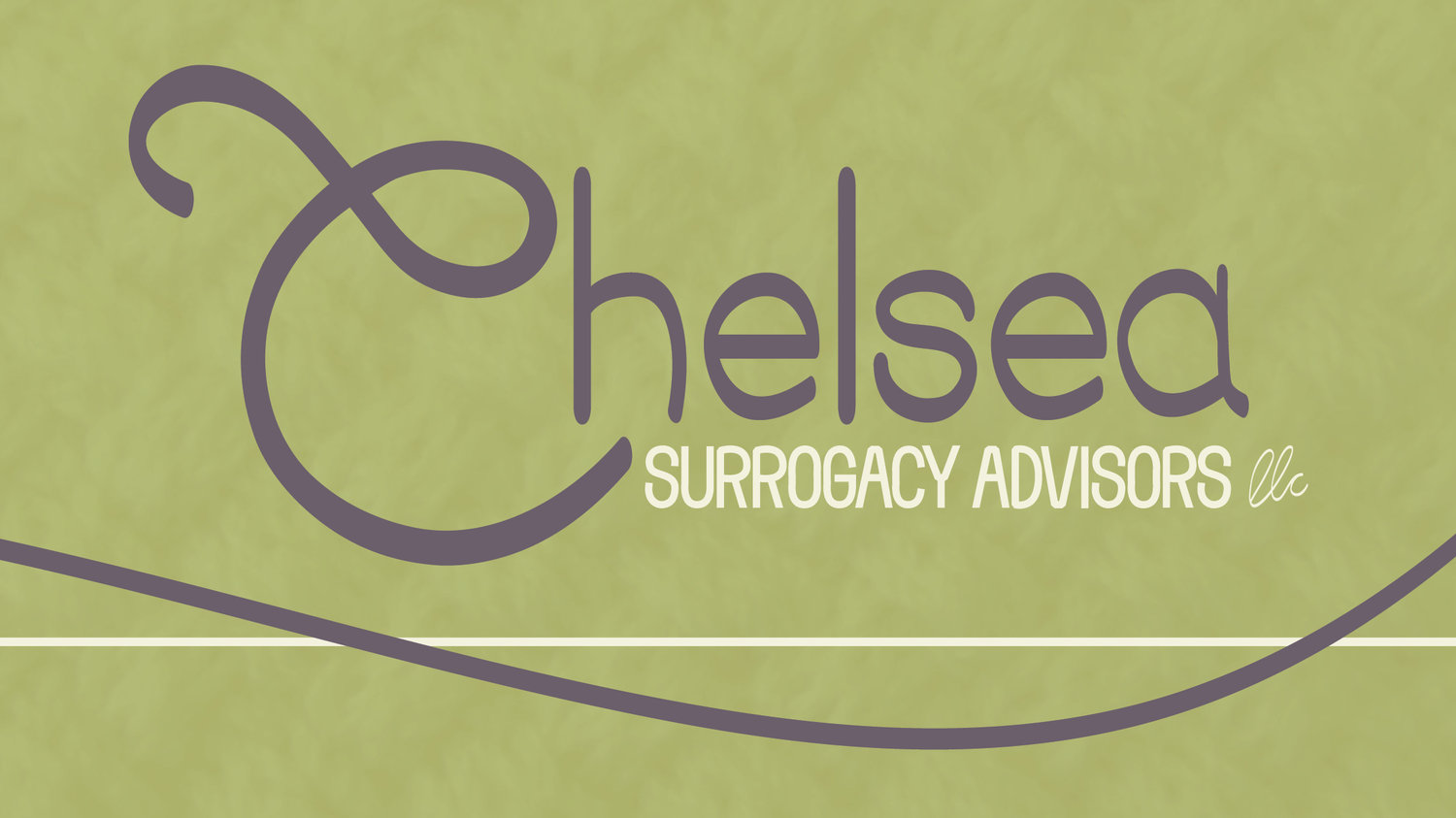“ You can’t do it here,” was the repeated refrain heard by surprised New Yorkers when the subject of using a gestational carrier arose. That outdated position has been reversed with the April 2020 passage of the Child-Parent Security Act, CPSA. The bill reverses the decades-old ban on commercial surrogacy, which stems from the 1985 Baby M Case.
By decriminalizing compensated surrogacy, the bill allows New Yorkers to enter into a contract with a NY State surrogate, thereby removing the burden of excessive and out of state travel. New Yorkers will no longer have to travel great distances to attend prenatal appointments with their carrier or even have to fly home with a newborn. Additionally, the measure allows these intended parents the comfort of being able to continue to utilize their current doctors many of whom work at some of the world’s top infertility clinics.
The bill goes beyond surrogacy measures and is an enormous win for all New Yorkers facing infertility. It also clarifies and simplifies, parental rights for those using donor egg, donor sperm, and donated embryos regardless of marital status and applies to both same-sex and opposite-sex couples.
Chelsea Surrogacy Advisors spoke with Kathleen “Casey” Copps DiPaola to provide additional information on the bill. Casey is a partner at Copps DiPaola Silverman, PLLC, and a proponent of the legislation.
Chelsea Surrogacy: What is the overarching purpose of the Child-Parent Security Act (CPSA)? How does it benefit New Yorkers dealing with Infertility?
Casey: “The CPSA provides a legal framework for parentage, regardless of which type of third-party reproduction technology is used, including surrogacy. Regardless of a genetic connection, there is a clear path to legal parenthood.
Chelsea Surrogacy: So, regardless of marital status, or method of reproductive science: egg/sperm donation, donated embryo, or any combination thereof….those struggling with infertility, and seeking to utilize a gestational carrier, can be afforded a clear path to legal parenthood in NY State?
Casey: “Correct. An individual or couple ( married or unmarried and same and opposite-sex) using a surrogate and/or donated egg/sperm/embryos can now obtain a pre-birth order of parentage in New York. That order will also state that the surrogate and donors if any are not parents of the child. This process is much more streamlined than the current adoption process, which involved a home study, medical evaluations, and criminal and child abuse clearances. The parentage proceedings will not have these steps and we anticipate the vast majority of these proceedings will not even require a court appearance. As a result, these parentage proceedings will also be less expensive than adoptions.
Chelsea Surrogacy: Going back to the surrogacy piece of the bill: the potential to match with a carrier in one’s home state is very attractive for the reasons stated earlier. However, surrogacy remains a complicated path to parenthood. What protections does the legislation afford intended parents and surrogates?
Casey: New York is going to be the leader in this area. There is an entire section of the bill titled “The Surrogate Bill of Rights.” It is a form that will need to be given to the carrier at the very beginning of their journey so that they are fully aware of what their rights are under New York law. The Bill of Rights applies to the surrogate as long as she is a NY resident, even if her surrogacy contract is following another state’s laws.
Elements of the Surrogate Bill of Rights include:
Right to independent legal counsel by a licensed New York state attorney paid for by the intended parents.
Medical Insurance: The NY bill is different from other states in that intended parents must continue to pay for health insurance for 12 months post-birth. Most other states have shorter post-birth requirements.
The surrogate will be able to make all health and welfare decisions regarding herself and her pregnancy. This includes picking her doctor and deciding whether to consent to a double embryo transfer to consent to a -c-section and whether to abort or to continue a pregnancy. Any provisions of a contract to the contrary will be unenforceable. There is no specific performance remedy allowed for surrogacy agreements but intended parents may be able to seek monetary damages in certain circumstances if a surrogate breaches the terms of the agreement.
Parents also provide mandatory mental health counseling throughout the pregnancy as well as 12 months postpartum.
NY carriers are entitled to life insurance policies above industry standards.
Chelsea Surrogacy: What other measures does the bill enact that protects both parents and surrogates alike?
Casey: Matching programs will need to be licensed by the Department of Health. This is to weed out those who do not have the qualifications or financial stability to do this and hopefully prevent some of the disasters that we have seen across the country over the last decade.
Also, if an agency is not owned or managed by an attorney licensed in NY State, then a separate licensed and insured escrow company must be used.
In addition, if the attorney owns a matching program, she or he cannot represent either the parents or surrogate if the Surrogacy Agreement will be entered into NY Law.
Chelsea Surrogacy: We’ve focused largely on gestational surrogacy. What is the bill’s stance on traditional surrogacy?
Casey: Compensated traditional surrogacy remains illegal, while uncompensated traditional surrogacy remains legal but enforceable.
Chelsea Surrogacy: I know many New Yorkers are thrilled about the bill’s passage and are ready to get started. When can they begin their NY surrogacy journey and other paths to parenthood?
Casey: The bill takes effect, February 15, 2021, which means that people can enter into contracts from that day forward.
Chelsea Surrogacy: Thank you, Casey. We look forward to hearing from you again on this subject.
